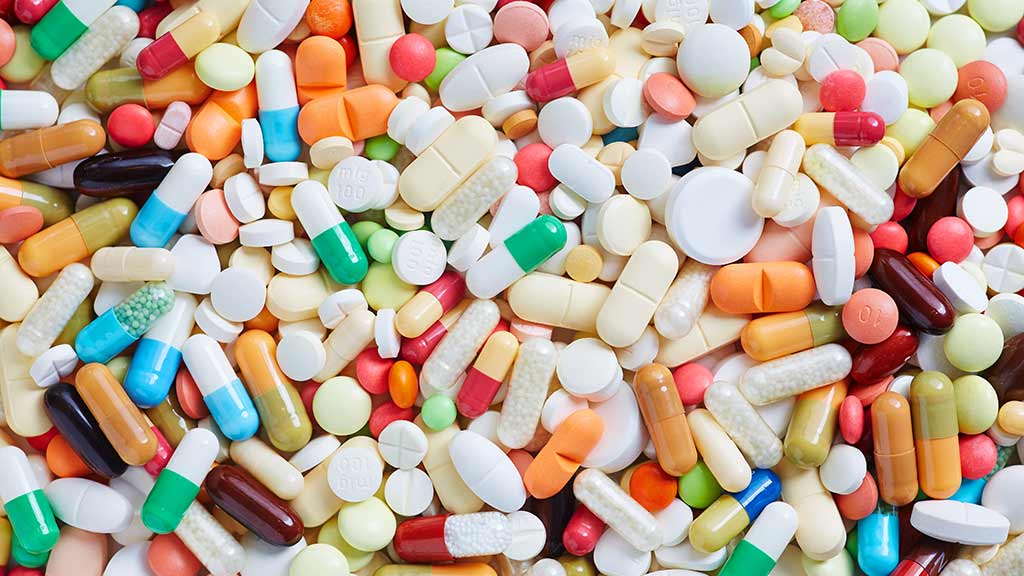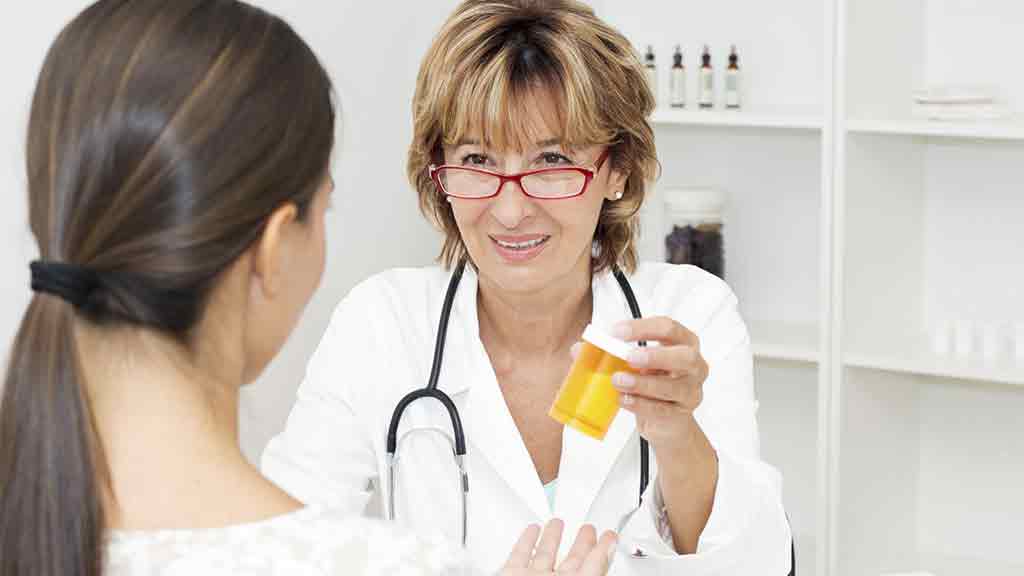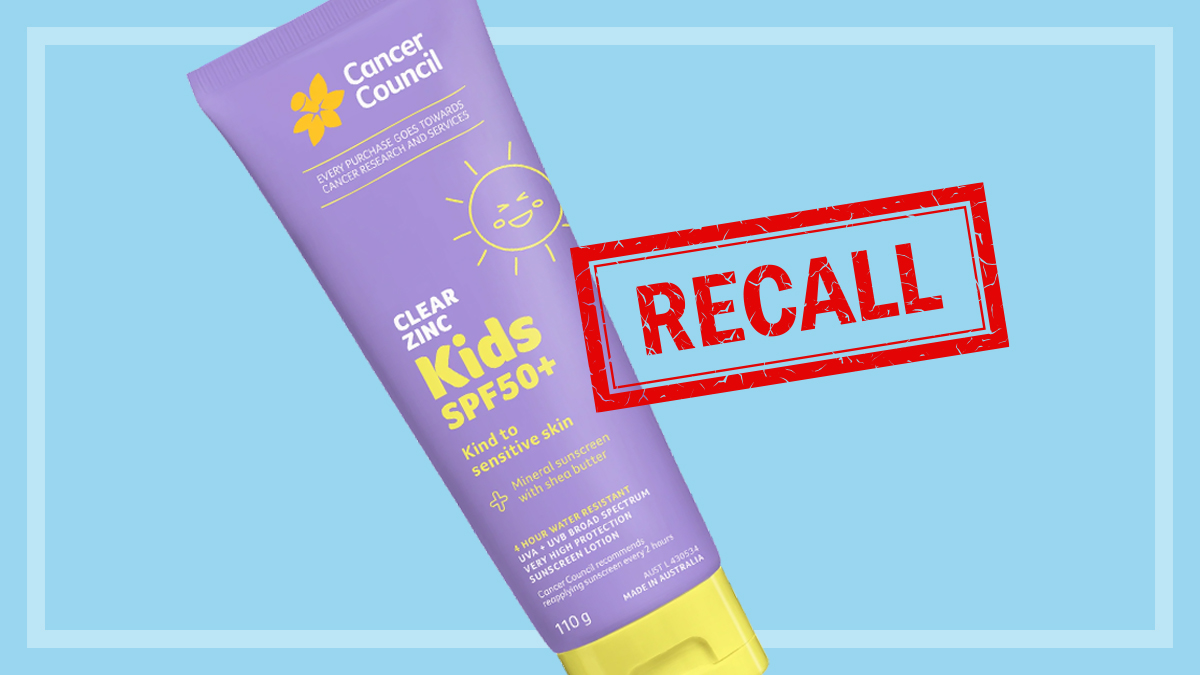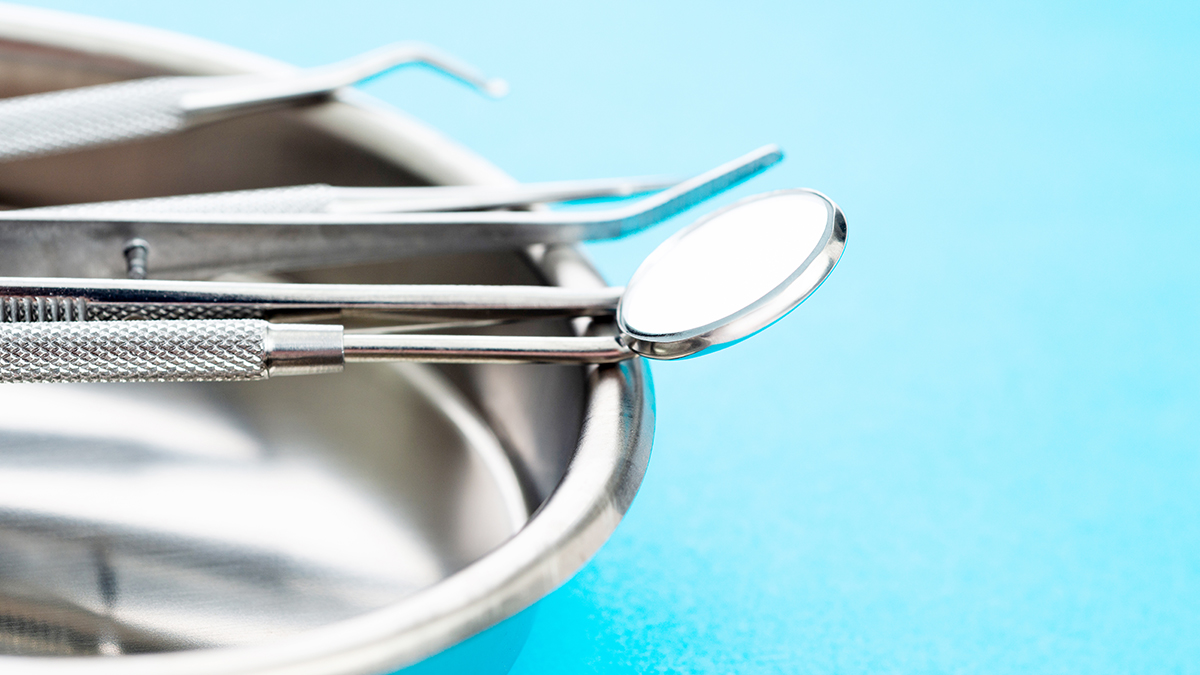Get our independent lab tests, expert reviews and honest advice.
How to save money on medicine

While most of us need medicine sometimes, some need a lot, and the costs can really add up. Meanwhile, the government, which subsidises many medicines to make them more affordable for consumers, faces a massive and ever-increasing bill.
The good news is there are ways that people can save money – and save the government and taxpayers money at the same time. We look at some of the cost-saving measures you can take.
1. Understand how the Pharmaceutical Benefits Scheme works
Many commonly prescribed medicines in Australia are subsidised by the government under the Pharmaceutical Benefits Scheme (PBS). The cost to consumers of a medicine under the PBS is generally capped at two different prices: in 2022 this is $6.80 for people who are eligible for a concession (including holders of pensioners, health care, seniors’ health and Department of Veterans’ Affairs cards); and $42.50 for everyone else.
Given that some medicines can cost hundreds or thousands of dollars, the savings to consumers are enormous.
Track your spending in case you reach the safety net
If you buy a lot of medicine, safety nets also apply, so you pay a reduced price after reaching certain spending limits in a calendar year.
- For concessional patients this is $244.80, and after that PBS listed medicines are free.
- For general patients the safety net threshold is $1475.10, after which PBS listed medicines are charged at the concession rate of $6.80.
If you do go through a lot of medication it’s a good idea to ask your pharmacist for a prescription record form so you can keep track of your spending and receive safety net benefits.
Extra charges to be aware of
For some medicines, extra charges may apply, which can take the cost of medicine over the co-payment amounts. These charges include brand premiums, therapeutic group premiums or special patient contributions, and after hours and delivery fees. These extra fees don’t contribute to your safety net total.
- Therapeutic group premiums and special patient contributions affect very few medicines, and if you’re affected, you can ask your doctor about ways you might be able to reduce the cost – you might be able to change medicines or get an exemption.
- Brand premiums apply to products where a cheaper brand is available but you’ve opted for a more expensive one. You may be able to avoid the brand premium by asking your doctor or pharmacist to switch you to a cheaper, equivalent brand.

2. Shop around for discounts
The co-payment is the maximum price you have to pay. When a PBS medicine costs less than the co-payment, you simply pay the full price. It can be worth shopping around as some pharmacies are able to cut costs by dealing directly with manufacturers, and/or reducing overheads, and sell it cheaper than others.
If your medicine isn’t covered by the PBS, your doctor may write you a private prescription, and you pay the full price. Private prescription costs don’t contribute to your safety net, though you may get a rebate from your private health insurance company so be sure to check.
Some pharmacies are able to cut costs by dealing directly with manufacturers, and/or reducing overheads, and sell medicines cheaper than others
Under current laws, PBS medicines that are subsidised by the government cannot be discounted, unless it’s supplied as a non-PBS (private) prescription. Pharmacies can and do supply PBS prescriptions as private ones to save you money on the purchase. It also saves the government money, but remember, it won’t count towards your safety net.
If the safety net applies to you, check whether the prescription has been processed as PBS or private – a prescription record form (PRF) sticker is provided for PBS medicines.
3. Buy generic medicines
A generic drug is a copy of a branded drug. It is chemically equivalent to its branded counterpart but usually costs less. Generic drugs must meet the same standards of quality, safety and efficacy as branded drugs. The generic and brand drug may even be made in the same factory by the same manufacturer.
Some generic drugs may look different to their branded equivalent because they may have different inactive ingredients, also known as excipients, which include coatings, binders, fillers, colourings and so on. However, the active ingredient used is exactly the same, with the same dosage as the branded version.
Australian regulations require that the generic drug work in exactly the same way as the brand drug – that it’s ‘bioequivalent’. This means the active ingredient in both branded and generic versions must reach the blood system at the same speed and concentration.
Australian regulations require that the generic drug work in exactly the same way as the brand drug
While there is potential for excipients to alter the action of the active drug, these bioequivalency requirements mean any given medication should be unaffected by this. However, some people may have sensitivities to certain excipients, such as gluten or lactose, so it’s important to check these ingredients if you decide to switch to a generic brand. Excipients may also affect how the drug works in some individuals, though it’s uncommon.
Generic medicines can be a lot cheaper than the brand product, though for some you may only save one or two dollars. Generic medicines can save you money even if you don’t buy the generic version – having a generic competitor drives prices of the original brand product.
People paying the concessional prescription rate of $6.10 probably won’t save money buying a generic product, unless the price of the generic is lower than $6.10. However, it will save the government – and taxpayer – money.
4. Buy combination medicines
For some conditions, such as high blood pressure or diabetes, it’s common to take more than one type of medicine to manage the condition. Instead of taking two or more pills, these medicines are sometimes combined in a single tablet, which not only saves you money – instead of paying two or more co-payments, you only pay one – it’s also a lot more convenient.
The downside, though, is that for various technical reasons to do with pharmaceutical pricing, combination medicines often end up costing the government more than the total cost of the individual drugs.
Think twice before…
Buying a medicine new to the market
If your doctor prescribes a medicine that’s new on the market, chances are it will cost you more – new medicines are patent-protected so there won’t be a generic equivalent yet.
But surely newer is better, and therefore worth the cost? Well, not necessarily. Often new medicines are not much different to older ones. In fact a survey of over 3000 new medicines introduced in France from 1981 to 2004 found only 10% had any advantage over existing therapies, and the advantage was mostly small.

Using medicine after its expiry date
Many people take medicine that’s past its expiry date to save money and a trip to the doctor and/or pharmacy for new medicine. Advice on taking expired medicine varies greatly, with some arguing it’s probably safe and worth taking when absolutely necessary and others saying it’s not worth the risk.
There are two issues with expired medicine – safety and potency. There are some expired medicines that are definitely unsafe to take, either due to a critical loss of potency or potential for degradation into undesirable products. These include epinephrine (EpiPen), insulin, some kinds of antibiotics, oral nitroglycerin for angina and eye drops.
There are two issues with expired medicine – safety and potency
The expiry date still applies to unopened medicine. Some medicines start to lose potency after the package has been opened, and should be used within a year of opening, even if that’s before the expiry date. Some, such as antibiotic suspensions and eye drops have a shorter life once opened – check the label for specific instructions.
Yet many medicines stand up well over time. A US military study found that many medicines were still good up to twenty years or more after their expiry date. Another study of medicines found in a pharmacy, some 40 years out of date, were still safe and effective.
Even so, the NPS MedicineWise says it’s not worth risking it.
“Most medicines will slowly deteriorate over time, which can make them less effective and in some cases harmful,” warns NPS MedicineWise Chief Executive Dr Lynn Weekes.
Most medicines will slowly deteriorate over time, which can make them less effective and in some cases harmful
NPS MedicineWise Chief Executive Dr Lynn Weekes
“Australians can take their unwanted, unused or expired medicines to their local pharmacy for safe disposal. Disposing of medicines with their local pharmacist will ensure medicines do not end up in waterways or landfill”.
Storage conditions also affect longevity – the humidity of the bathroom cabinet or the heat of the car glove box will increase the rate of degradation. The tablets stored for the US military and in the pharmacy as mentioned above were kept in optimal conditions.
How not to save money
There are some things that look like they’ll save you money – but at what price?
Buying online from overseas
In general, Australian medicine prices compare favourably with many other developed countries. However, there are some medicines that are cheaper overseas and it may be tempting to buy them online.
The Therapeutic Goods Administration (TGA) warns that medicine bought from overseas may not meet the same safety, quality or efficacy standards as ones bought in Australia. Potential risks include fake or counterfeit medicine, undisclosed ingredients, medicines past their use-by date or drugs that are contaminated or the wrong strength.
Fake online pharmacy scams
If you’ve ever received an email offering cheap prescription medicines with no prescription required, it could be a scam. At best they may steal your credit card details or upload damaging files to your computer, such as spyware or keystroke loggers. At worse, they might actually send you some medicine that either doesn’t work or even harms your health.
The ACCC has tips on how to spot fake pharmacy ads.
Top tips for saving on medication
- Ask your doctor and/or pharmacist if there’s a less expensive version of your medicine – a different brand, a generic or an older out-of-patent medicine.
- Ask your doctor for a medication review – you may be taking medicine you no longer need. This is a good idea for health reasons, as well as to save money.
- Ask whether you’re entitled to exemptions from having to pay added premiums.
- If you take a particular medication regularly, try shopping around. Some larger chains will buy in bulk, allowing them to discount medicines that cost less than the general co-payment.
- Australian-based online pharmacies may offer a good deal if you need several medicines and don’t need them in a hurry – just make sure the savings are worth the postage costs.
- Don’t be tempted by cheap medicines from overseas.
- The NPS MedicineWise has more tips for saving on medicines.




